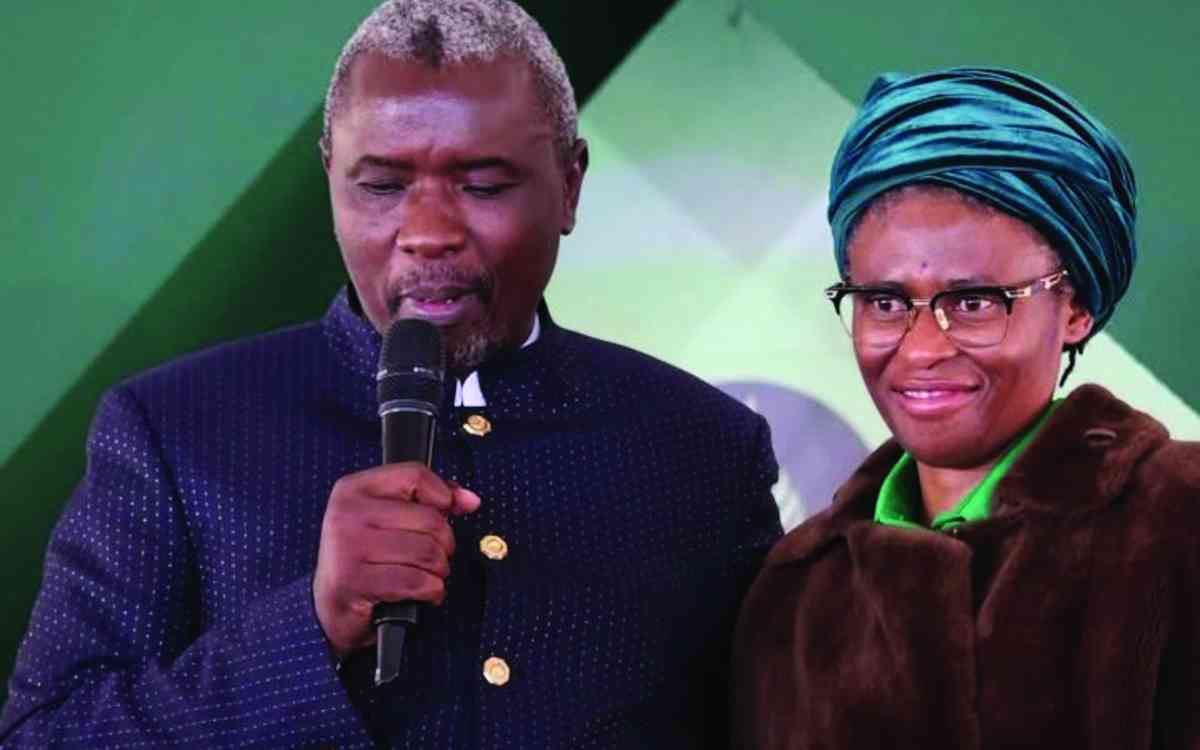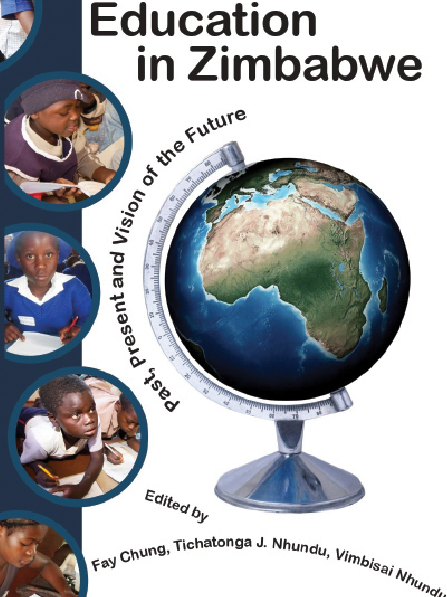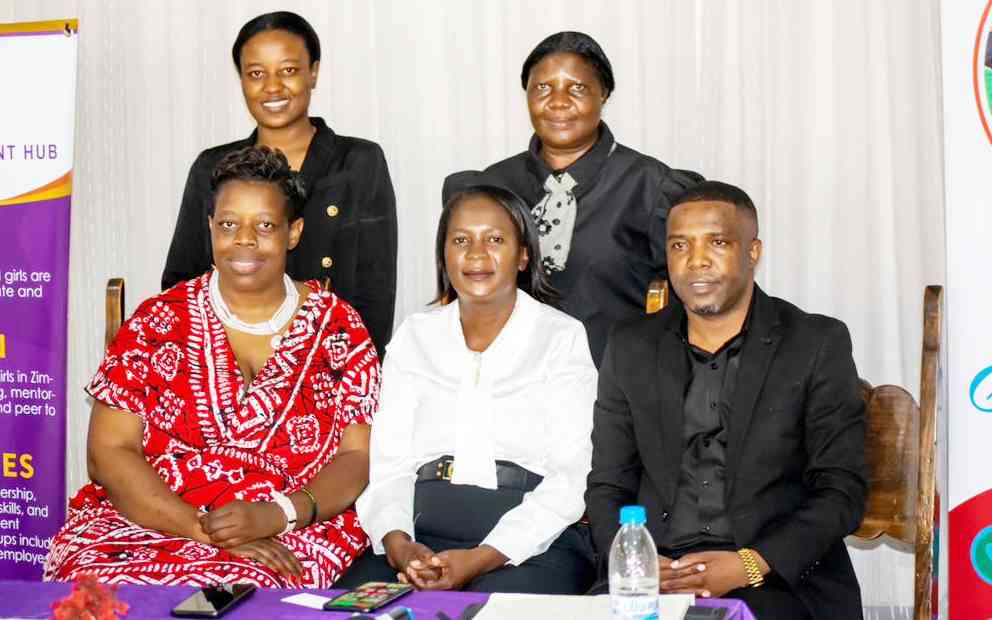
While we may not like a new music trend or a particular genre of music, we must also take a step back and appreciate how lucky we are to be exposed to it at all. We may not like Comrade Chinx, Leonard Zhakata, Thomas Mapfumo or Winky D’s music but we should consider ourselves lucky to have had these artistes in our midst.
During the war of liberation, Comrade Chinx, a revolutionary and social commentator, inspired many a young men and women to take up arms to fight against the injustices of the Smith regime. In songs such as Maruza Imi, Hondo yeminda, Nyika Yedu yeZimbabwe, Nzira Dzemasoja and Roger Confirm he showed us through his music that society can be changed as the masses tried to absorb the meanings behind such songs.
While music has always been a means of pushing the boundaries of expression, it’s clear that the world isn’t expressing itself in the same way. The various musical trends we’ve seen in just this lifetime provide an insightful look into what is and isn’t being discussed in some cultures.
Leonard Zhakata on the other hand, in songs like Mugove and Hupenyu Mutoro resonated with the majority of the suffering masses in Zimbabwe
Obviously, Thomas Mapfumo started his revolutionary singing during and after the Smith regime. Songs like Corruption and Mamvemve were seen as being critical of the regimes that followed, resulting in his harassment and decision to relocate outside of Zimbabwe.
For now, we have Winky D who is also a marked man for his social commentary in songs such as Ibotso and Njema which the current regime is not keen on.
Music has long been a powerful tool for social change, serving as a voice for the marginalised, a catalyst for protest, and a vehicle for inspiring collective action. Throughout history, songs have been used to galvanise movements, raise awareness about pressing issues, and challenge the status quo.
In fact, music long assisted those working to win civil rights for African Americans. Freedom songs, often adapted from the music of the black church, played an essential role bolstering courage, inspiring participation, and fostering a sense of community.
- In the groove: Old music has cultural impact
- In the groove: Old music has cultural impact
- Edutainment mix: The mbira in the cosmos of development
- Mukadota ‘exploited’ me: Mai Rwizi
Keep Reading
Music has shaped cultures and societies around the world for generations. It has the power to alter one’s mood, change perceptions, and inspire change. While everyone has a personal relationship with music, its effects on the culture around us may not be immediately apparent.
The impact of music on society is broad and deeply ingrained in our history. To demonstrate how deeply our lives are affected by music, let’s delve into the sociological effects of music and how it affects culture.
Music is an essential aspect of all human civilisations and has the power to emotionally, morally, and culturally affect society. When people from one culture exchange music with each other, they gain valuable insight into another way of life. Learning how music and social bonding are linked is especially crucial in times of conflict when other lines of communication prove to be challenging.
Music, as a cultural right, may aid in the promotion and protection of other human rights. It can help in the healing process, dismantling walls and boundaries, reconciliation, and education. Around the world, music is being used as a vehicle for social change and bringing communities together.
At the core of our everyday experience with music, we use it to relax, express ourselves, come to terms with our emotions, and generally improve our well-being. It has evolved into a tool for healing and self-expression, often dictating how we, as individuals, take steps to impact society.
Music has the power to connect with and influence people in a way that feels fundamentally different from other forms of communication. Humans often feel that “no one understands them” or knows how they “truly feel.” The late Soul Jah Love is a good enough example to this. He expressed his true feelings in songs like Dai Hupenyu Hwaitengwa, Kana Ndafa, Ndini Uya Uya and Handisi Bharanzi. His true feelings resonated with peers.as he expressed their feelings too.
Many resort to music to find connections with others to express themselves or find a sense of understanding among peers.
Music has the ability to deeply affect our mental states and raise our mood. When we need it, music gives us energy and motivation. When we’re worried, it can soothe us; when we’re weary, it can encourage us; and when we’re feeling deflated, it can re-inspire us. It even functions to improve our physical health, as it’s been proven that high-tempo music results in better workouts.
We connect with others via music, especially those who produce or perform it — we recite their lyrics, dance to their melodies, and form a sense of connection through their self-expression.
Songs and melodies have the power to inspire people, guide their actions, and aid in the formation of identities. Music can unite people – even if absorbed in solitude, capture your imagination and boost creativity.
A person who has been affected by music is not alone. They are among the masses trying to find their role in society and form connections with others. Thankfully, while it can help us “find ourselves,” music influence on society can also be seen in:
-Providing a platform for the underrepresented to speak out
-Affecting mood and inspiration
-Helping us cope by encouraging us to express ourselves through movement and dancing
-Bridging a divide in communication
-Creating a venue for education and idea-sharing
Music’s effect on the self is far-reaching, tapping into our memories, subconscious thoughts, emotions, and interests. Thanks to the music artists who have put their heart and soul into creating, we feel connected with other people and their difficulties, challenges, and emotions. So much about our brains is still being discovered but through neurology, we are learning more and more about how music affects us.
We all know that being exposed to music’s beauty, rhythm, and harmony significantly influences how we feel. We also know that music emotionally impacts us, reaching into forgotten memories and connecting us to ourselves. Music therapy is often used to improve attention and memory, and can have a positive effect on those suffering from dementia or Alzheimers. Music has the potential to be a powerful healing tool in a variety of ways and pervades every aspect of our existence. Songs are used to define spiritual ceremonies such as Bira among the Shona people , toddlers learn the alphabet via rhyme and verse, and malls and restaurants, where we choose to spend our free time, are rarely silent. There is often music in the background.
But how much can this ever-present object influence our behaviour and emotions? According to research, music has a significant impact on humans. It can potentially affect disease, depression, expenditure, productivity, and our outlook on life. The impact of music on our brain is being better understood thanks to advances in neuroscience and the examination of music’s impact on the brain. It has been shown via brain scans that when we listen to or perform music, nearly all brain regions are active simultaneously. Listening to and making music may actually change the way your brain works.
Now you know why I am all for music. It is indeed a powerful tool for social change.
- Feedback: [email protected]











